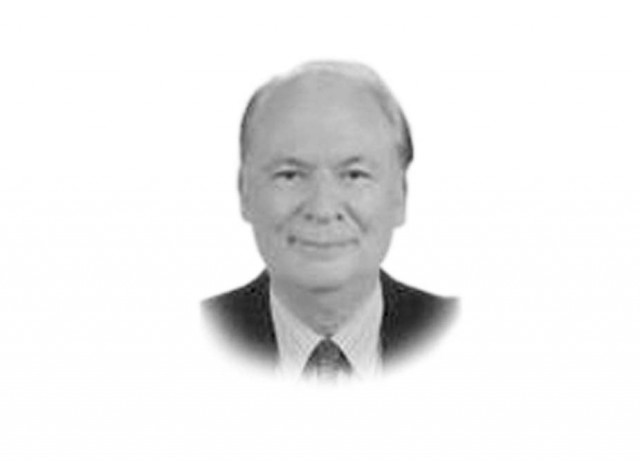Celebrating Wagner’s birthday
From the very moment Stefan Rahn and Usman Anees hit the keys of the Steinway, I knew the evening would be special.

anwer.mooraj@tribune.com.pk
Most opera composers used libretti of other people; but not Wagner. He wrote the text of all his operas, which he called poems, and then wrote the music. He read copiously into the sources of the legends that motivated him, like the famous Ring of the Niebulungen. He was inspired by the German romantic spirit of Weber’s operas and to some extent, by the grandiose operatic aims of Meyerbeer, whom he despised. He used Leitmotiv, not only to depict characters but also their emotions, and wove them into a texture of such richness that the orchestra assumed an extra dimension. His ultimate dream was to create an art form in which music and drama should be fused into one entity. Wagner took tonality to its limits and even beyond and led the way for the Schoenberg revolution.

On Day One, from the very moment Stefan Rahn and Usman Anees hit the keys of the Steinway, I knew the evening would be special. Rahn’s cultural credentials are absolutely blue chip. He is no stranger to Karachi and I have attended and reviewed his earlier recital in which he displayed his mastery. I have also heard Usman Anees a number of times and enjoy his robust style. I especially liked the way he handled the Todeslied from Tristan und Isolde, a piece which has some tricky finger work and intricate phrases. He was privy to the music’s moods, nooks and crannies and played with remarkable fluency. Obviously aware of the interlacing philosophical and psychological undertones, as they insinuate themselves on the basic melody, he produced a warm blended sound that was quite fetching.
The surprise of the evening, in fact, the icing on the cake, was the mezzo-soprano Judith Mayer. She was an instant hit with the audience. She has a warm sensitive contralto and sings with perspicacity and compassion, and turned the five-song selection into gems of great beauty. I don’t know if it was a case of telepathy or ESP because when it came to the encores, she was totally on my frequency with Beim Schlafengehen, one of the “Four Last Songs” of Richard Strauss. For me, it was the highlight of the evening. I would love to hear her again. Day Two belonged exclusively to Kairas Kabraji an urbane, intelligent opera buff and collector. After a stimulating and thought-provoking introduction in which he described his visit to Bayreuth, he screened Wagner’s second opera “The Flying Dutchman”. What a delightful way to spend an evening.
Published in The Express Tribune, October 13th, 2013.
Like Opinion & Editorial on Facebook, follow @ETOpEd on Twitter to receive all updates on all our daily pieces.















COMMENTS
Comments are moderated and generally will be posted if they are on-topic and not abusive.
For more information, please see our Comments FAQ